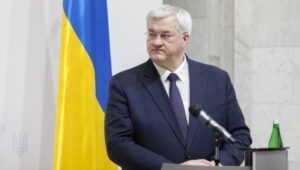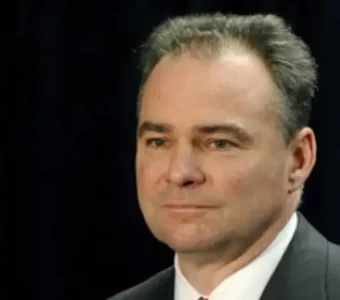Eco-solutions: Rubryka's journalist shines light on war's environmental destruction in documentary "Save Me"
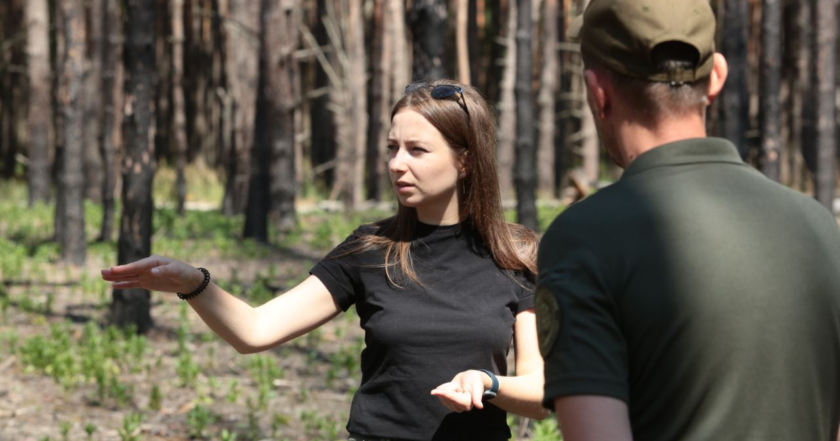
Фото: PSB Films
Viktoriia Hubareva, an environmental journalist for Rubryka and EcoRubric, will star in a documentary titled "Save Me." The film will premiere in 2025.
What is the problem?
Ukraine is facing immense losses due to Russian aggression. This encompasses not only the destruction of infrastructure, housing, and businesses and environmental damage. This includes both the direct destruction of natural areas through military actions and indirect damage, such as the lack of protection for these areas and inadequate funding for environmental protection institutions.
In the global context, Ukraine is becoming more vocal about the concept of "ecocide," which is a crime against the environment. However, the current focus is still on countering armed aggression and rebuilding infrastructure. Although important, the restoration of natural areas seems to take a back seat for now.
The only way to solve this issue is by making it public and issuing a direct call to action.
What is the solution?
In April of this year, PSB Films, a Ukrainian production studio, began preparations for filming a documentary about Ukraine's war-torn nature. The film will shed light on the challenges faced by nature reserve institutions across the country and appeal to the global audience to prioritize this issue and offer support.
"According to the Ministry of the Environment, the damage caused by the full-scale invasion of Russia has already exceeded 60 billion dollars. In fact, what is happening now cannot be measured by any money – it has been irretrievably lost and will no longer be possible to restore. Our task is to convey to the Western audience and potential investors this side of the terrible war Russia is waging in Ukraine," the film director, Volodymyr Tykhyi, explains.
The movie will depict the impact of war on nature reserves, wildlife, and people. It will specifically contrast the condition of these landscapes before and after the war and illustrate the effects of the war on both nature and the human population. For instance, there has been increased pollution and loss of natural areas for relaxation and healing.
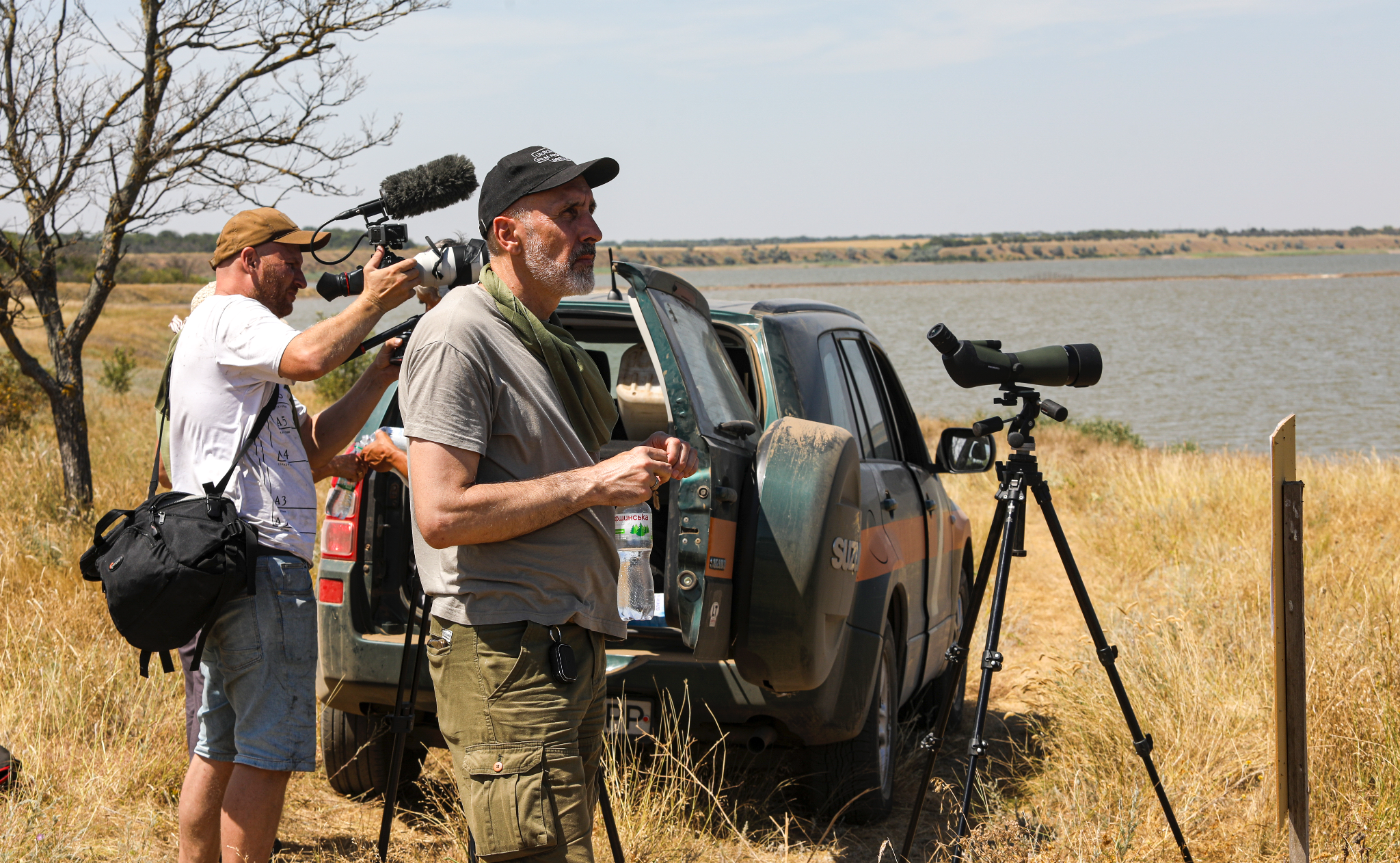
The director of the film "Save Me," Volodymyr Tykhyi. Photo: Rubryka
Per Volodymyr Tykhyi's concept, the film will focus on narratives of individuals closely connected to its central theme.
"The film is built on the dramatic intersection of three lines. One of the lines is the story of a zoologist-scientist from Kharkiv who organizes a powerful network to rehabilitate bats. The second line is the dramatic story of a national park located on the border with Russia, which is mercilessly destroyed by the Russian military. And the third is the line of an eco-journalist who is engaged in cataloging damage to national parks. The media chaos of war keeps society's attention on the need to save the environment," the director says.
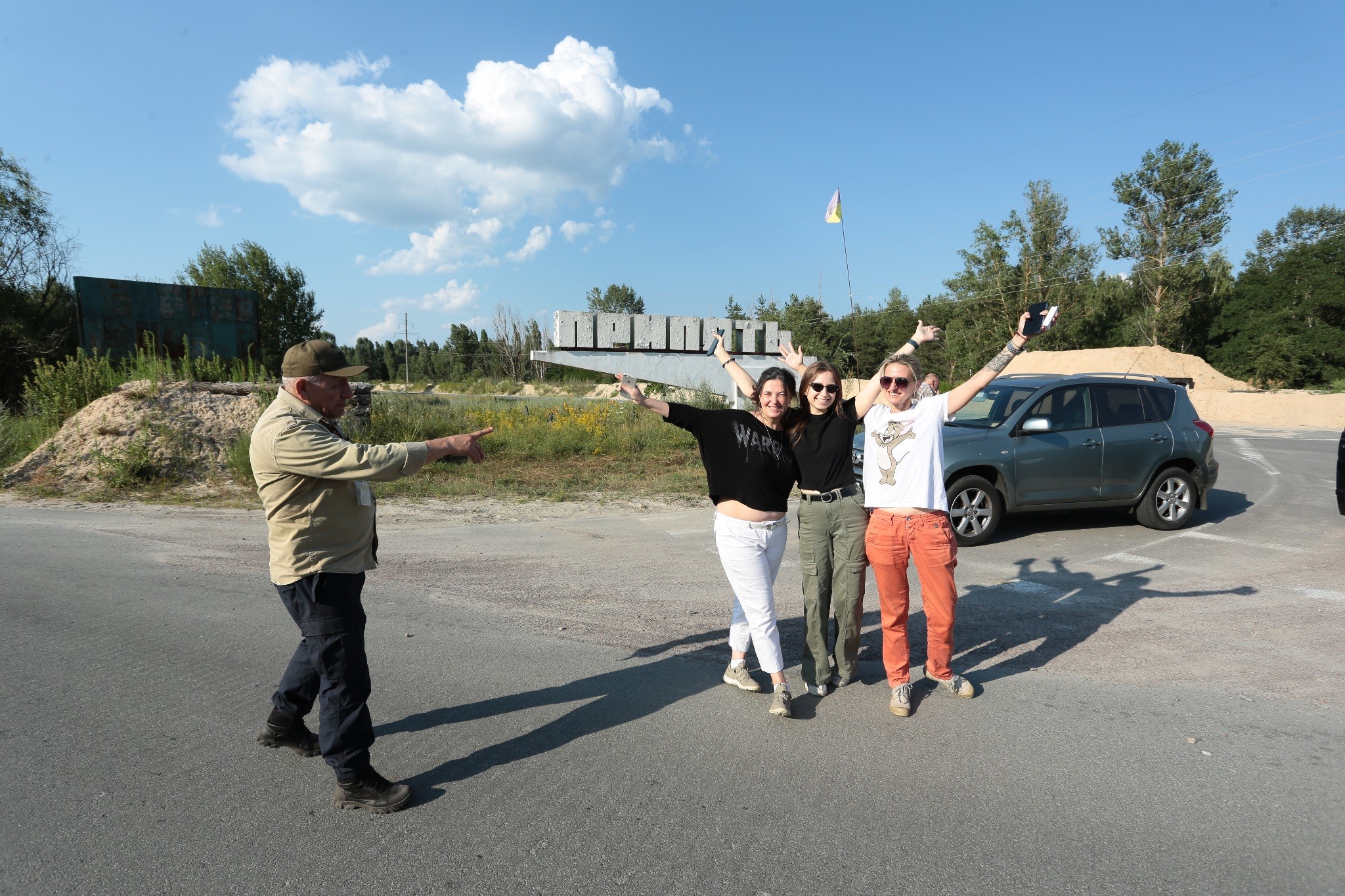
The film crew and the journalist of Rubryka, during filming in the Chornobyl Radiation and Ecological Reserve. Photo: PSB Films
The director brought in Viktoriia Hubareva, Rubryka's journalist, to uncover the journalist's story.
"In the spring, I did a report on Anton Vlashchenko, the founder of the Center for the Rehabilitation of Bats, to whom one of the film's plot lines will be dedicated. It was an action to release rescued bats into the wild, and there we met with the director, Volodymyr Tykhyi. He learned what to say about the environment of Ukraine, which is my job, and then we "worked out." Now, together with the film crew, we do what I usually do with our photographer – travel around Ukraine, explore nature, and tell the world about it. I am very grateful to the whole team for this invitation. Environmental and scientific journalism is what inspires me, and I'm glad that the world will see "how it works" in Ukraine," Viktoriia said.
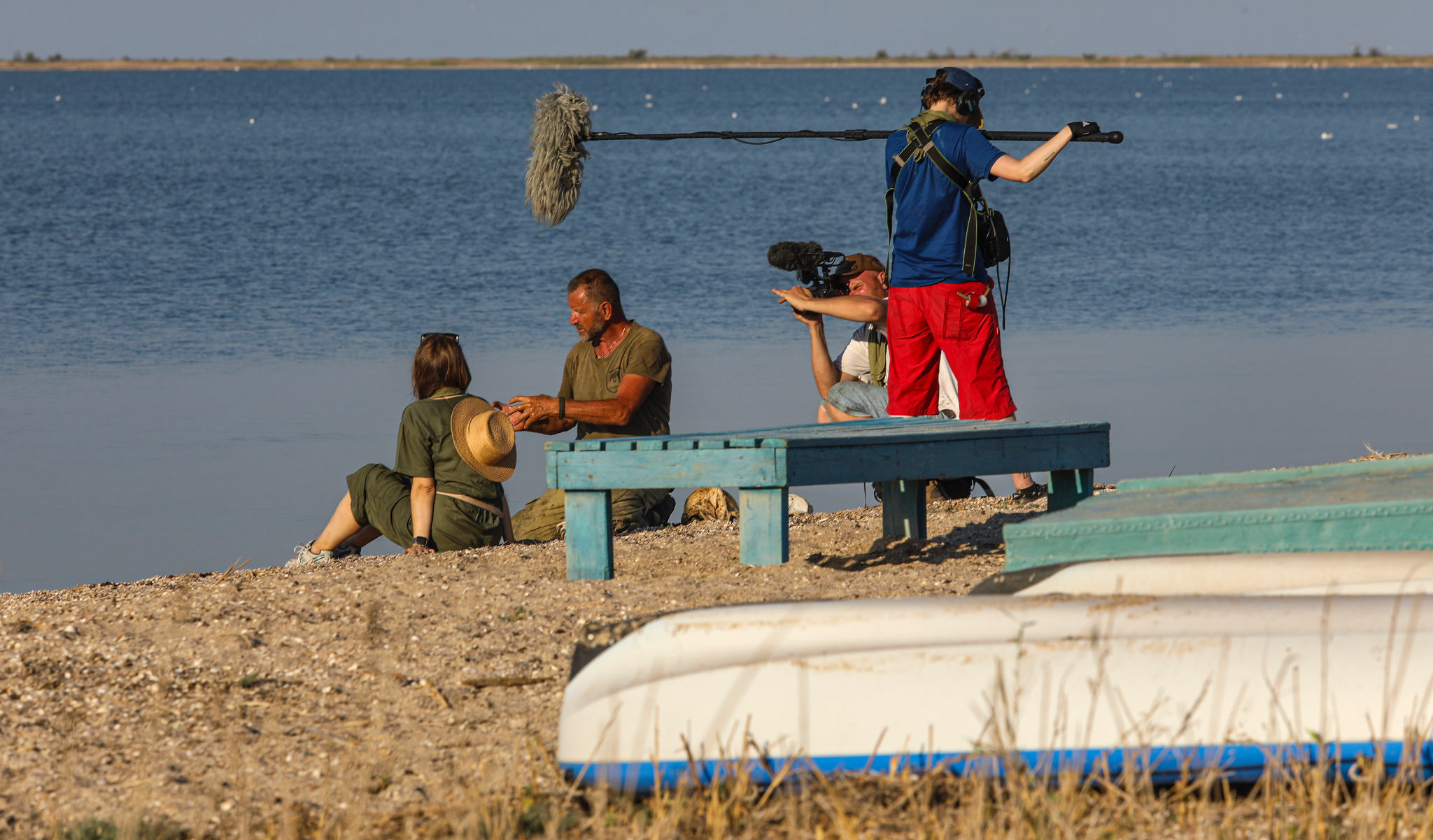
Filming of a documentary film in the national natural park of Tuzlivski Lymany. Photo: Rubryka
Filming started in July and will continue through the fall. The film crew has already visited the Chornobyl Radiation and Ecological Reserve, the Tuzlovsk Estuaries National Natural Park, and the Danube Biosphere Reserve. The planned trip to eastern Ukraine will include the Carpathian Mountains, Kharkiv, and filming in Kyiv.
The premiere is set for the beginning of 2025. The film has a broad target audience, not only in Ukraine but also worldwide. Producer Bella Terzi from PSB Films has announced plans to submit the film to international festivals.
"The film will inform important target audiences, particularly national and international decision-makers, representatives of national and international support organizations and donors, and the general national and global public. The common goal is to draw attention at the national and global level to the large-scale destruction of nature and the significant need for national and global support for measures to restore and protect natural areas," Bella Terzi says.
The movie is funded by the German project Support to Nature Protected Areas in Ukraine, which was initiated in 2016 and is ongoing. The project aims to protect the country's exceptional natural resources and care for Ukrainian nature reserve sites. The German partners procure machinery and equipment and renovate workspaces in national parks and reserves to ensure that Ukrainian staff can work in suitable conditions and effectively monitor the natural areas.
For reference:
For the first time in the annual report, NATO included an analysis of the impact on the climate of the full-scale invasion of the Russian Federation into Ukraine.






